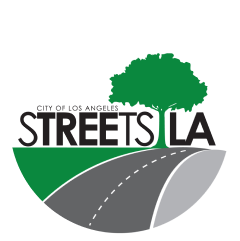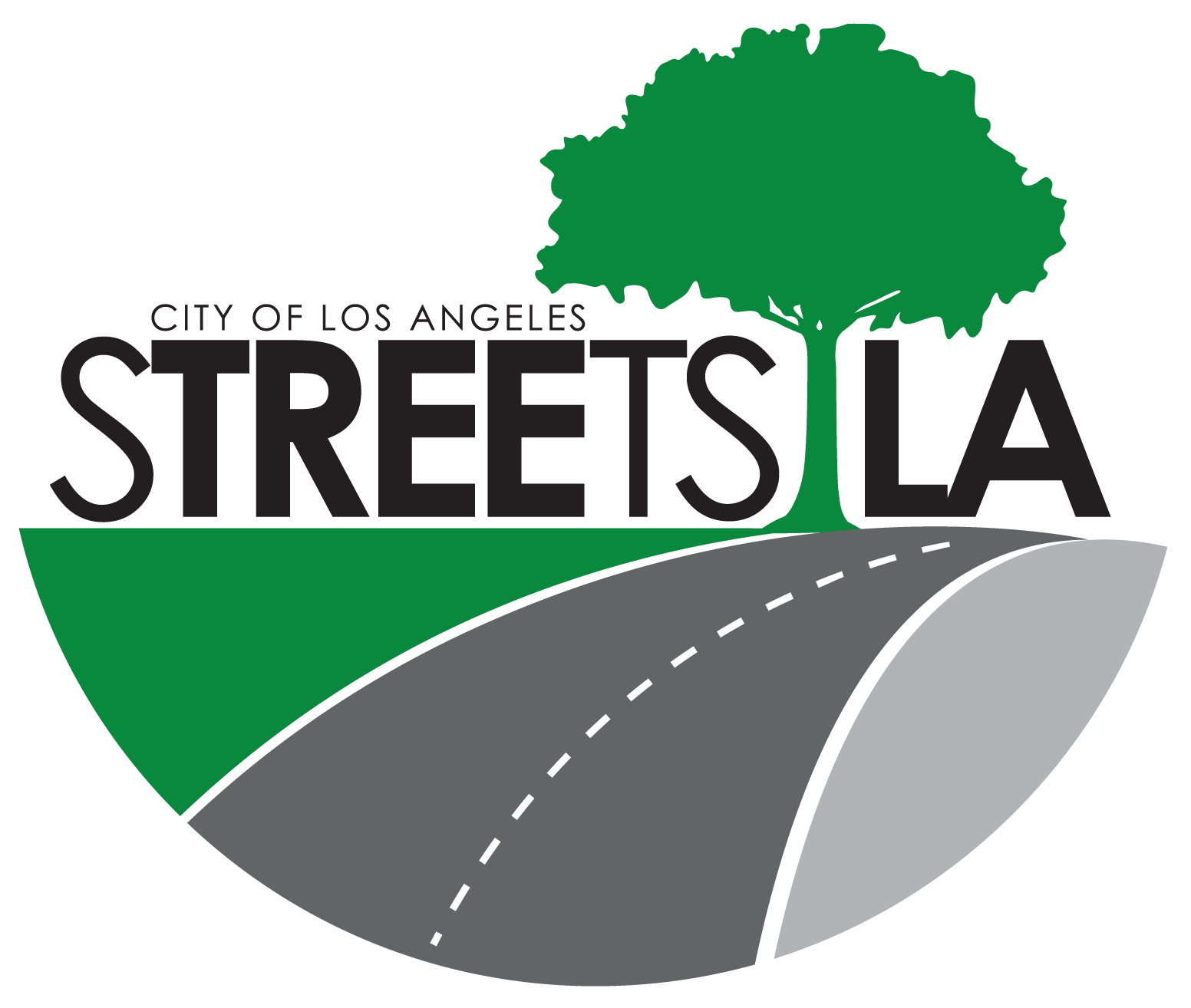The Bureau is currently utilizing Cold In-Place Recycling (CIPR) to reuse asphalt concrete in local reconstruction projects. Implementation of this technology has substantially reduced asphalt concrete placement and transportation costs. In the future the Bureau is looking to expand this program by adding a second CIPR paving machine to its fleet.
CIPR reduces the cost of reconstruction by; eliminating the need of importing new aggregates, significantly reducing the overall need for trucking, and the complete elimination of the excavation process of removing old base materials that were traditionally sent to landfills. The CIPR machine pulverizes the existing base pavement along with the native soils 4' to 5 ' inches while injecting rejuvenating oils/emulsion into it. This recycling creates a new stabilized base material that after achieving compaction, the roadway can almost immediately be opened to traffic.
This is what it looks like!

Cold in Place Recycling is a Green Way to pave streets as there is a tremendous amount of energy saved in not having to produce new asphalt mixes, while also not having to send excavated materials to landfills enabling BSS to reduce its overall footprint on the environment.
The Resurfacing & Reconstruction Division has two Municipal Asphalt Plants that produce as much as 600,000 tons of asphalt annually. The asphalt plants are currently recycling about 20 percent of Reclaimed Asphalt Pavement (RAP) and the Bureaus contracted asphalt plants are recycling 50 percent of RAP. In order to further reduce the manufacturing cost of asphalt concrete and disposal fees, the Bureau is working diligently to rebuild City Asphalt Plant I to a state-of-the-art plant. This will reduce unit costs by producing asphalt with 50% recycled content, up from the 20% recycled content currently included in city-produced asphalt.
This is what it looks like!

Furthermore, The City of Los Angeles is the only municipality in the United States which utilizes 50% of RAP in new asphalt concrete mixtures. Over the years, this has resulted in millions of dollars of savings by reduction of the cost of resurfacing projects by reducing the cost of fresh aggregates, binders and need for additional materials being dumped at the landfills. "RAP Gator" is a crusher that essentially process large pieces of RAP into smaller suitable fragments that can be incorporated with raw materials to produce Recycle Asphalt Concrete.
Considering the millions of dollars of investments in our streets, BSS strives to reduce the overall cost of annual maintenance of the paved roads in our City. In doing so, BSS looks to reduce the current construction costs while maintaining the longevity of the asphalt pavement.
The Bureau of Street Services constantly pursues new ways to provide the most cost-efficient asphalt pavement for use in The City of Los Angeles asphalt paving projects. BSS, in conjunction with Standards Division of The Department of General Services, regularly evaluates many new products for use in Asphalt Mixtures.
BSS works with private companies and universities in research and development of asphalt concrete pavements. Some of the recent research projects undertaken by The Bureau of Street Services, resurfacing division and Department of General Services, Standards Division include the following:
- Cooperation with University of Irvine and University of Wisconsin for study into Damage Resistance and Performance Evaluations of Engineered Asphalt Materials and Asphalt Aggregate Mixtures with High percentage of RAP.
- Cooperation with the University of California Los Angeles (UCLA) in scientific research for the development of a High-Toughness, Low-Viscosity Resin for Reinforcing Pothole Patching Materials. This project is funded by a grant from The U.S. Commerce Department's National Institute of Standards and Technology (NIST).
- Therefore, these research studies will further develop "green" technologies to improve the quality of road building, increase recycling and reduce maintenance cost.


